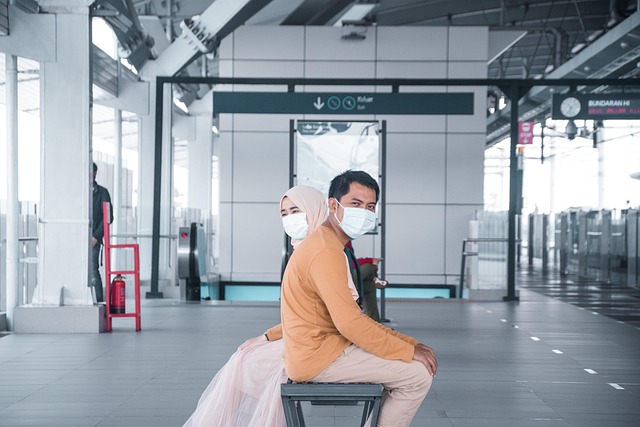In today’s fast-paced world, digital public life has become a significant aspect of our everyday existence. With the rise of social media, our lives are increasingly played out in an online arena, where every post, share, and tweet can impact our social interactions, mental health, and self-image. The allure of instant gratification and constant validation through likes and comments traps many individuals in the cycle of social media addiction.
Social media offers various platforms to connect with friends, family, and even strangers globally, giving a sense of community that transcends geographical boundaries. However, the constant notifications and the need to keep up with the digital narratives often lead to negative consequences. As users immerse themselves in their screens, they may find themselves detached from the real world, sacrificing meaningful relationships for fleeting interactions. This detachment fosters a feeling of isolation, despite appearing socially connected online.
The impact of social media on mental health can be profound. Prolonged exposure to meticulously curated content can lead to unhealthy comparisons and feelings of inadequacy. Users frequently find themselves scrolling through their feeds, battling jealousy and self-doubt when viewing the seemingly perfect lives of others. This constant barrage of idealized representations can distort reality, making it difficult for individuals to appreciate their own unique journeys.
Moreover, the addictive nature of social media platforms is designed to keep users engaged. Algorithms curate content that keeps users hooked, often leading to mindless scrolling and time lost. In this digital public life, it’s easy to lose track of hours, contributing to a sense of guilt and frustration. The irony lies in the fact that, while social media is meant to foster connections, it can simultaneously be a breeding ground for loneliness.
It is essential to recognize the signs of social media addiction. If you find yourself feeling anxious when unable to check your notifications or if social media impacts your real-life responsibilities and relationships, it may be time to evaluate your digital habits. Setting boundaries around your online time can significantly improve your mental well-being. Consider designated times for social media use and prioritize face-to-face interactions instead. By taking control of your digital public life, you can find a healthier balance that enriches rather than detracts from your overall happiness.
In this era of connectivity, navigating the complexities of social media requires mindfulness. While it offers opportunities to connect and engage, it’s vital to approach these platforms with caution and awareness. Striking the right balance can help you enjoy the benefits of a vibrant digital public life while protecting your mental health from the pitfalls of addiction.



